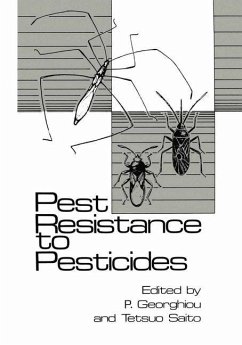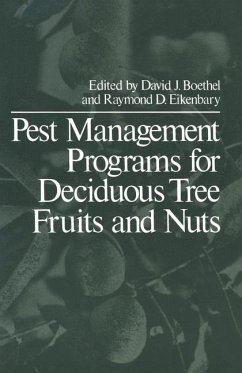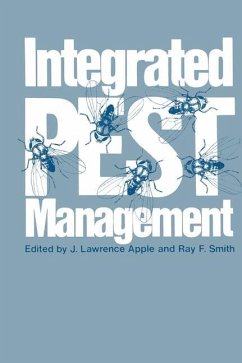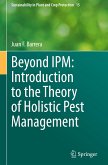The development of resistance to pesticides is generally acknowledged as one of the most serious obstacles to effective pest control today. Since house flies first developed resistance to DDT in 1946, more than 428 species of arthropods, at least 91 species of plant pathogens, five species of noxious weeds and two species of nematodes were reported to have developed strains resistant to on~ or more pesticides. A seminar of U. S. and Japanese scientists was held in Palm Springs, California, during December 3-7, 1979, under the U. S. -Japan Cooperative Science Program, in order to evaluate the status of research on resistance and to discuss directions for future emphasis. A total of 32 papers were presented under three principal topics: Origins and Dynamics of Resistance (6), Mechanisms of Resistance (18), and Suppression and Management of Resistance (8). The seminar was unique in that it brought together for the first time researchers from the disciplines of entomology, plant pathology and weed science for a comprehensive discussion of this common problem. Significant advances have been identified in (a) the development of methods for detection and monitoring of resistance in arthropods (electrophoresis, diagnostic dosage tests) and plant pathogens, (b) research on biochemical and physiological mechanisms of resis tance (cytochrome p450, sensitivity of target site, gene regulation), (c) the identification and quantification of biotic, genetic and operational factors influencing the evolution of resistance, and (d) the exploration of pest management approaches incorporating resis tance-delaying measures.
Hinweis: Dieser Artikel kann nur an eine deutsche Lieferadresse ausgeliefert werden.
Hinweis: Dieser Artikel kann nur an eine deutsche Lieferadresse ausgeliefert werden.








